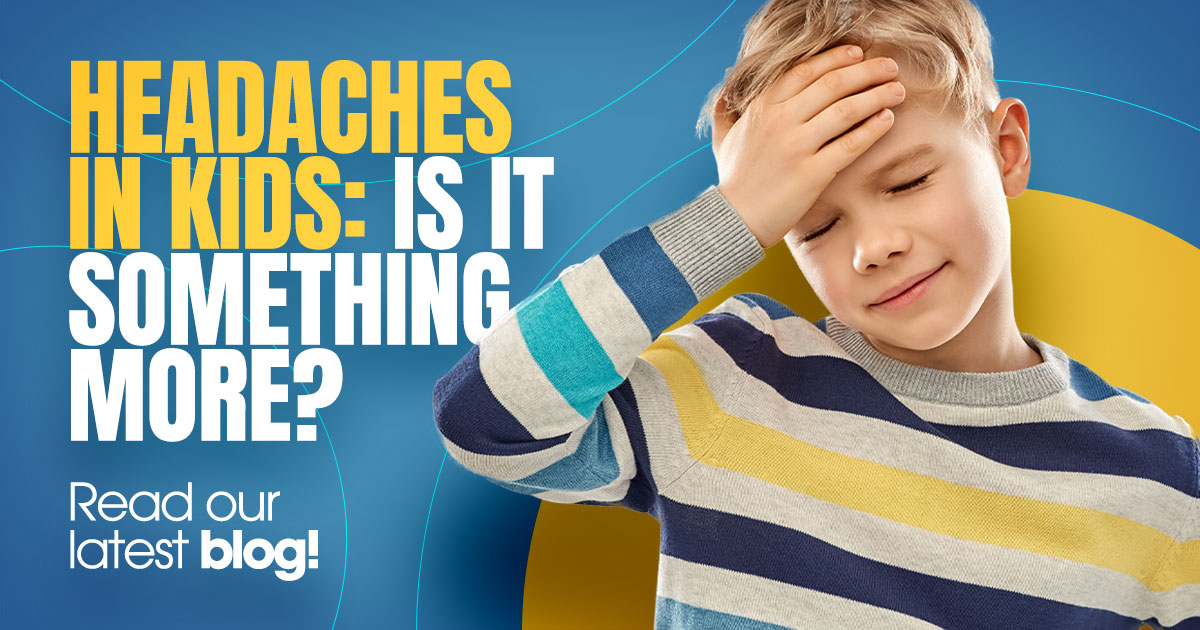Migraines are a complicated neurological disease that causes head pain and other symptoms. While they are mostly attributed to adults, kids get them too. Most kids will get head pain at some point, but migraines are much more than a nasty headache. We’re going to show you some differences between headaches and migraines in kids, so you can tell when it is something more.
Signs it’s More than a Headache
While kids generally have fewer and shorter migraine attacks than adults, they can be just as disabling and can considerably impact a child’s life. Migraines are common in children, happening as young as 18 months. They affect about 10% of school-aged children and about 28% of adolescents. Migraines are typically more severe than a headache. They also are often accompanied by additional symptoms:
- Nausea
- Vomiting
- Vision changes
- Sensitivity to light, sound, and smell
Abdominal pain and mood changes can occur too. Chronic migraines are when the head pain is 15 or more days per month, lasting four or more hours.
Migraine’s Effect on Kids

Aside from the pain, migraines can be disabling in other ways too. Kids can get anxious worrying when an attack will take place and disrupt their lives. Migraines cause missed school and activities and can also lead to classmates not including them for fear of not participating. Kids who suffer from migraines miss school twice as often as other kids which can lead to academic challenges. A teacher who is uninformed about their condition can perceive these struggles as a lack of effort.
Working with the child’s school can help determine if safeguards like a chronic health 504 form can be applied to your child’s needs. These forms prevent discrimination and allow for accommodations to ensure they have the right tools to succeed.
Encouraging your child to be open about their condition and symptoms with their friends will help build those relationships. This same openness should be applied at home and with siblings so the family can rally around to help when the need arises.
Kids Shouldn’t Have to Worry About Migraines


As they go through life, kids have enough things to worry about. Migraines shouldn’t be one of them. Clinical research studies continue to look for improved ways to detect, treat, and prevent pediatric migraines. To understand the importance of kids participating in research studies, read our recent blog. Cedar Health Research is currently conducting pediatric migraine research studies. If your child has migraines, clinical research studies may be an option. To learn more, click here.







